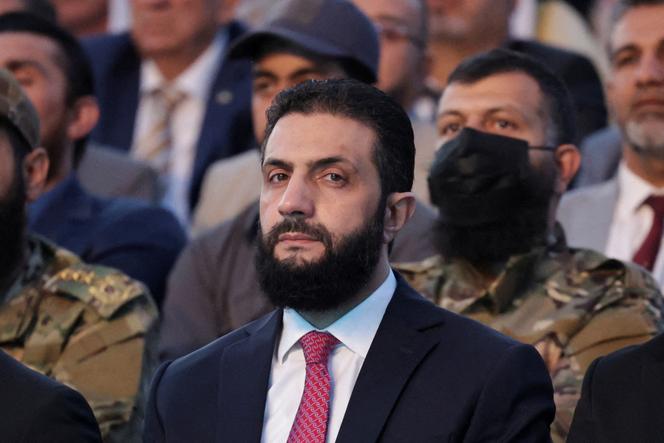


Hopes for de-escalation emerged on Saturday, July 19, after six days of clashes, marked by atrocities, between Bedouin fighters, Druze factions and Syrian government forces in Sweida, leaving hundreds dead in the southern province, home to a Druze majority.
The open crisis between the new government in Damascus and the Druze remains far from resolved. Transitional President Ahmad al-Sharaa emerges weakened from his standoff with the Druze leadership and Israel, which intervened on behalf of the religious minority. He not only failed to restore Damascus's sovereignty over the region, but also to establish himself as a unifying and protective figure among communities torn apart by 14 years of civil war.
On Friday night, government forces were deployed along the main roads leading to the province of Sweida to block thousands of Bedouin tribespeople arriving from across the country to reinforce Bedouin fighters locked in a deadly standoff with Druze factions in Sweida since Thursday. The authorities in Damascus, reduced to mere bystanders following the withdrawal of their troops under Israeli bombardment, announced that they would send a special interposition force to the besieged city, now on the brink of a humanitarian catastrophe. To do so, the new Syrian leadership was forced to seal a ceasefire agreement with Israel.
You have 75.62% of this article left to read. The rest is for subscribers only.
